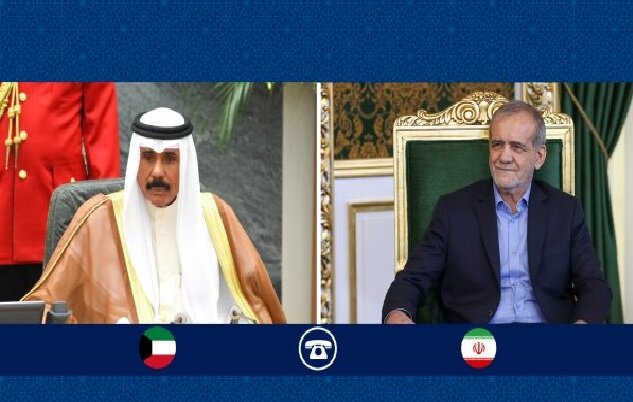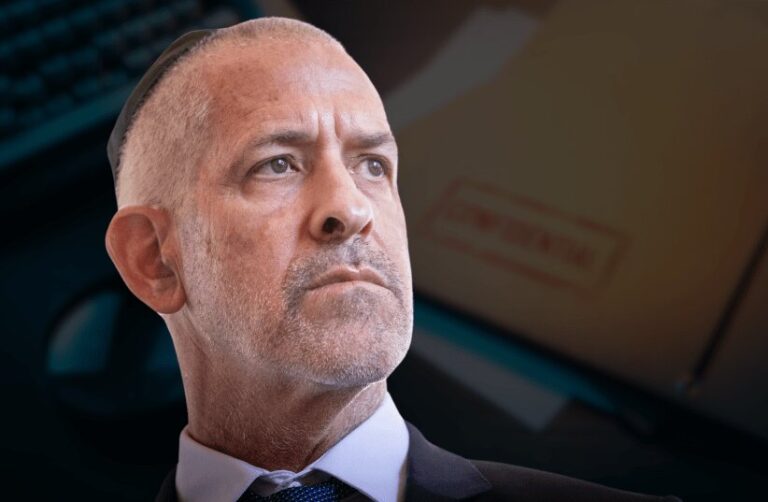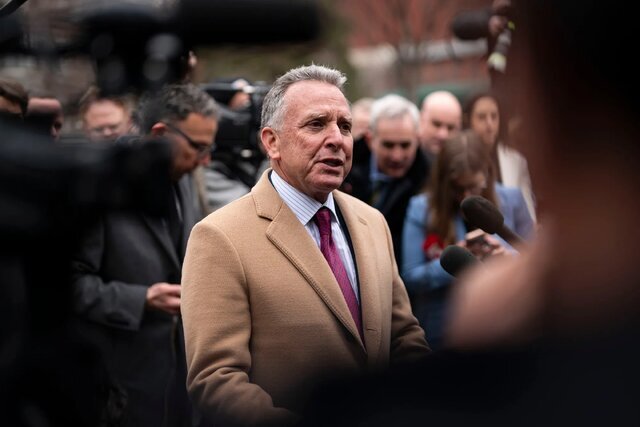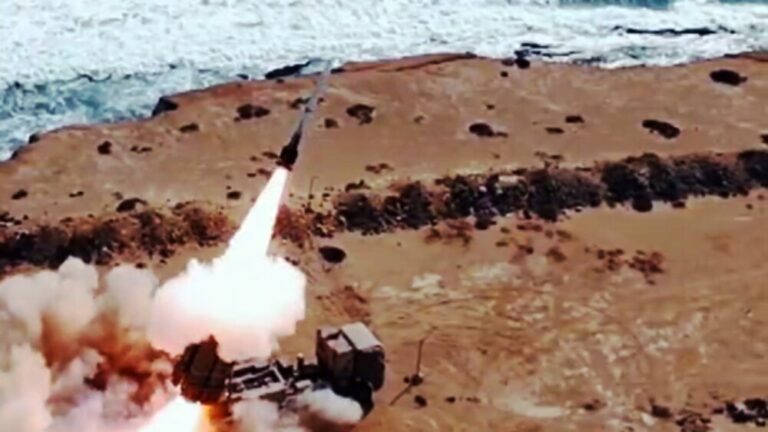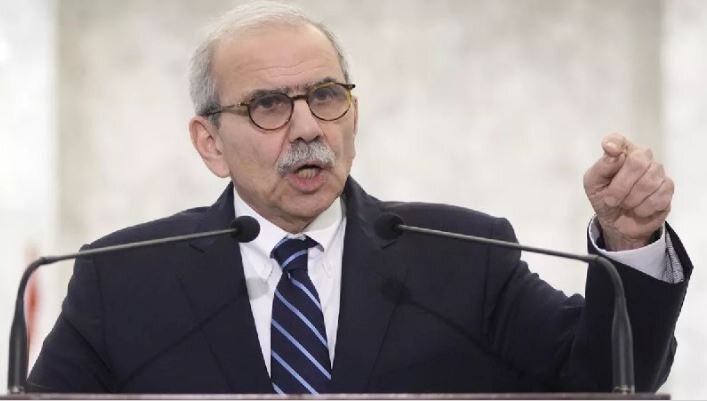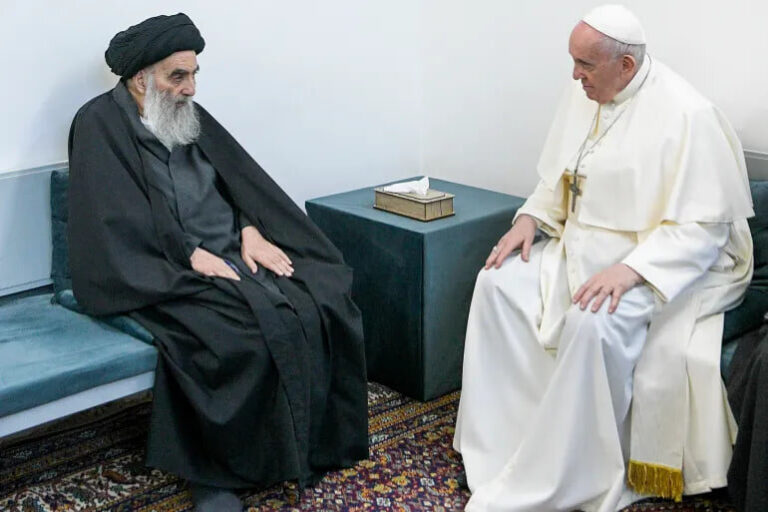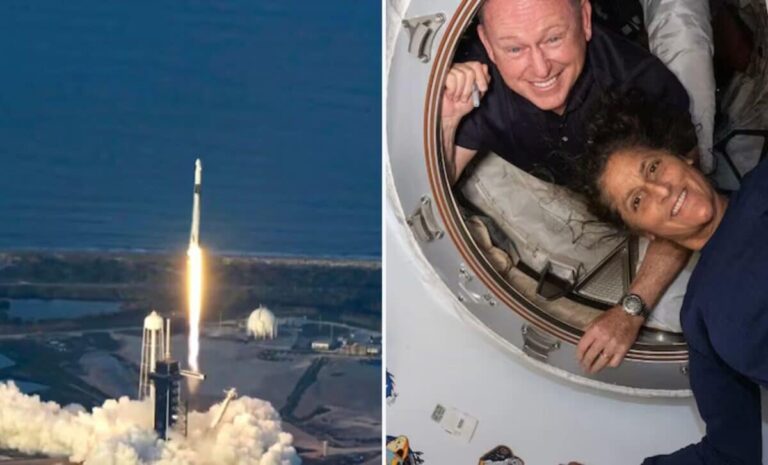Kuwait Stands Firm: No Use of Its Soil for Attacks on Other Nations
In a significant diplomatic moment, Iranian President Masoud Pezeshkian engaged in a phone conversation with Kuwaiti Emir Nawaf Al-Ahmad Al-Jaber Al-Sabah on Wednesday, marking an important dialogue following the holy month of Ramadan and the celebration of Eid al-Fitr. This call not only conveys warm wishes but also emphasizes the importance of unity among Islamic nations.
During this conversation, President Pezeshkian extended heartfelt congratulations to the Emir and the people of Kuwait for Eid al-Fitr. He expressed his hope that both the holy month of Ramadan and the joyous occasion of Eid would serve to strengthen unity and solidarity among all Islamic countries. As he stated, “We consider all Islamic nations as our brothers based on Quranic teachings, and we attach great importance on fostering good relations with our neighbors, as emphasized in Islamic teachings and narrations.”
President Pezeshkian highlighted Iran’s readiness to enhance cooperation with Kuwait and other neighboring countries across various sectors. He emphasized the goal of deepening and solidifying the bonds of brotherhood and good neighborliness. He noted, “Regarding the issue of reducing tensions, the Islamic Republic of Iran will act solely based on justice and fairness. We will neither exceed the path of justice nor accept anything beyond fairness and equity.”
In response, Emir Nawaf Al-Ahmad Al-Jaber Al-Sabah conveyed his Eid greetings on behalf of himself, the Crown Prince, and the people of Kuwait. He expressed his satisfaction with the warm and friendly relations that exist between the two nations. The Emir remarked, “Kuwait seeks to further strengthen its ties with Iran and welcomes the constructive and positive messages and efforts of Your Excellency in fostering deeper relations with neighboring and friendly countries.”
The dialogue underscored the mutual appreciation for the growing ties between Iran and the member countries of the Persian Gulf Cooperation Council (PGCC). Emir Nawaf expressed Kuwait’s commitment to maintaining its friendly relations with Iran, emphasizing that these ties are built on mutual respect and shared interests.
In a critical point made during the conversation, the Emir reiterated Kuwait’s firm stance on peaceful resolutions to regional and international disputes. He affirmed that Kuwait will not permit any aggressive actions to originate from its territory against any other country. As he stated, “This position is deeply embedded in our constitution and will remain unchanged under any circumstances.”
Key takeaways from this diplomatic exchange include:
- Strengthening Relations: Both leaders emphasized the importance of enhancing cooperation between Iran and Kuwait, highlighting their shared cultural and religious values.
- Commitment to Peace: The Emir of Kuwait reiterated his country’s commitment to non-aggression and peaceful resolutions, a stance that reflects both nations’ dedication to stability in the region.
- Focus on Unity: The conversation served as a reminder of the need for unity among Islamic nations, especially in light of global challenges.
This exchange is particularly noteworthy as it comes at a time when the region faces various geopolitical challenges. The emphasis on dialogue and cooperation is seen as a positive step towards fostering a more stable and harmonious environment in the Middle East.
As both leaders look forward to enhancing their countries’ bilateral relations, this conversation marks a hopeful beginning for future cooperation. The efforts to deepen ties reflect a broader vision of regional solidarity, which is particularly vital as the world navigates through complex socio-political landscapes.
In conclusion, the phone call between President Pezeshkian and Emir Nawaf Al-Ahmad Al-Jaber Al-Sabah highlights the significance of diplomatic communication in promoting peace, unity, and mutual respect among Islamic nations. As these leaders continue to engage with one another, the potential for improved relations and regional stability appears promising.
